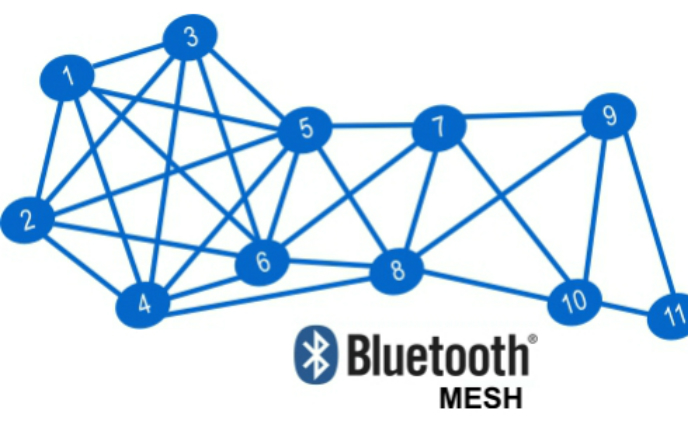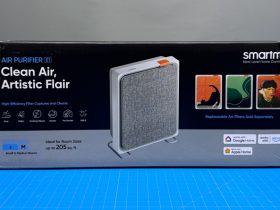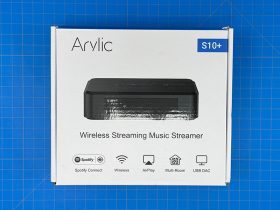Qingdao-based lighting specialists Yeelight are introducing an updated ‘Pro’ model of their Bluetooth Mesh hub, the S21. Like their current standard hub, the S21 allows users to connect their Bluetooth mesh range of products, that then create a mesh network, much like the way in which Zigbee works. Whilst the hub, and some of the company’s lights using this protocol are already available in China, it wasn’t until recently that the current hub became available to international buyers, and even then the bulbs that connect to the hub only use 220-240v, so they’re of no use to US customers, only those in the EU and certain other territories.
The Pro hub connects to your home network, and to HomeKit using either a WiFi connection, or via the built-in ethernet port, and is also accompanied by a series of products that reflect the ‘pro’ direction this range wants to reflect. This includes a series of lights under the M20 banner, like recessed spotlights and downlights, a colour temperature white bulb, and a separate range of track lighting products.
Additionally, have been expanding their range to include a curtain motor, a light strip, and a scene control panel, although, of these, only the light strip is confirmed as HomeKit compatible so far.
One rather expensive product listed, and one that seems pretty unique is a lighting product that mimics the light and appearance of a skylight! at 692 x 462mm it’s quite large, and at 172mm deep, you would need some decent space in your ceiling to have the panel fit flush. The white light is set to 6800K, and boasts 4000lm using 94W of power. Like pretty much all Yeelight lighting products, the company boasts their lighting colour temperature accuracy, with this panel achieving a Ra90 level of accuracy.
Two new devices that are HomeKit compatible are the company’s new motion sensor and contact sensor, both of which also use Bluetooth Mesh, which brings us to the question as to why the company are going down this route when the even greater ascendency of Thread is just around the corner. It could be that these products can be updated to use Thread of course, but then that would negate the use of the gateway – unless the gateway became a Thread Border Router, in which case it would provide access to Amazon, Google, and SmartThings, in much the same way that the update to the Nanoleaf shapes has done, by adding Border Router functionality. What we do already know, is that Nanoleaf themselves admitted they were going down the Bluetooth Mesh route, until Apple introduced them to the then-unknown HomePod Mini, which uses Thread, prompting Nanoleaf to abandon Bluetooth Mesh altogether.
Whatever their plans and logic behind this decision are with Bluetooth Mesh (maybe ‘Bluetooth Meh’…), it’ll be interesting to see where it goes, and whether it becomes another dead-end or lead to something even better.





